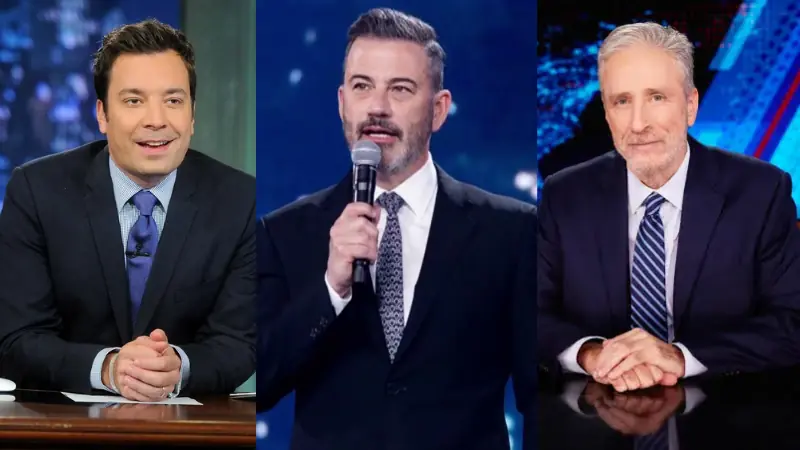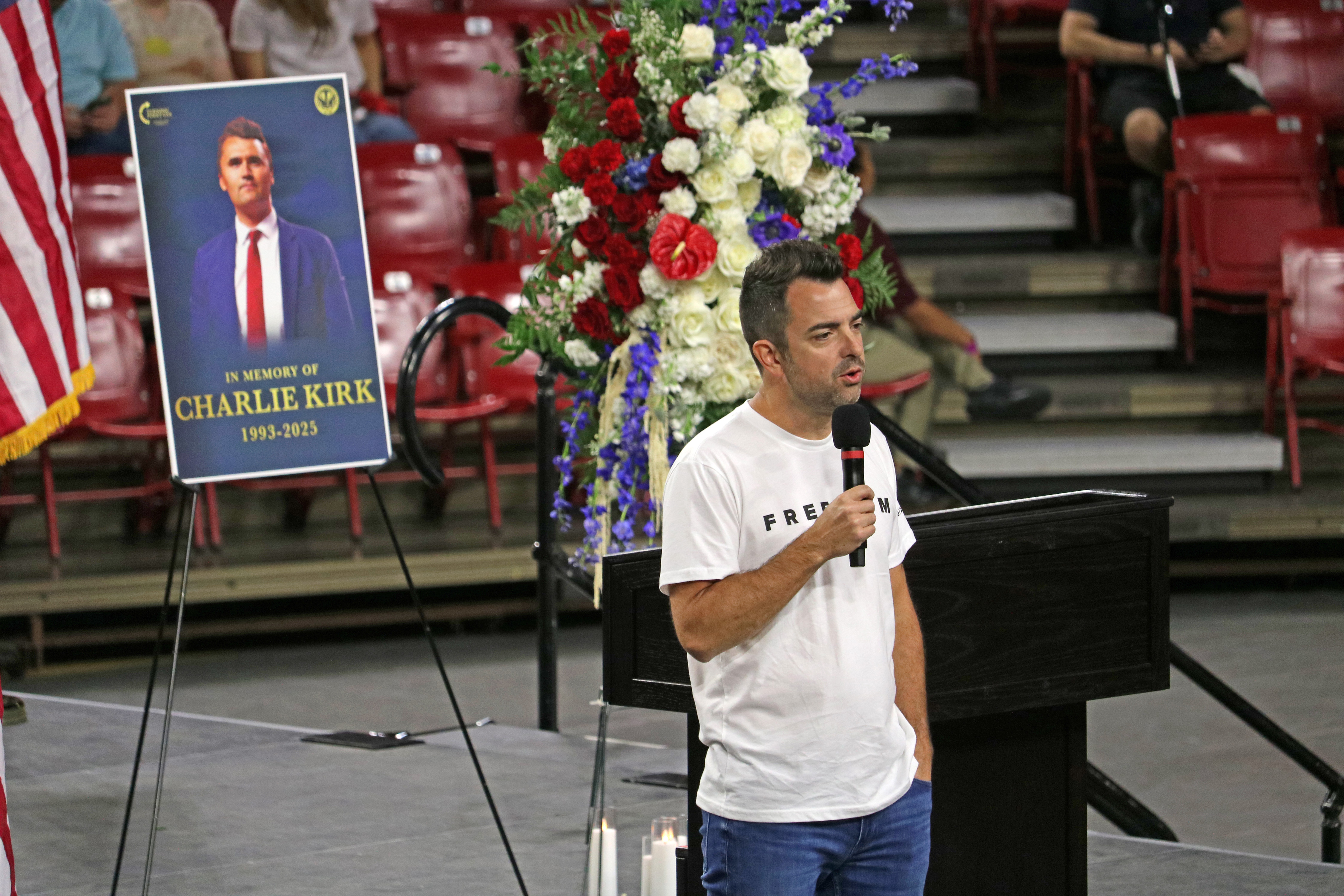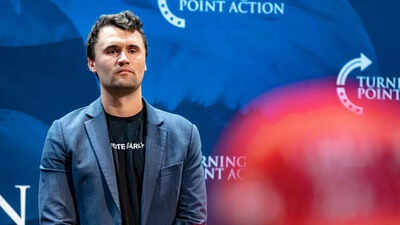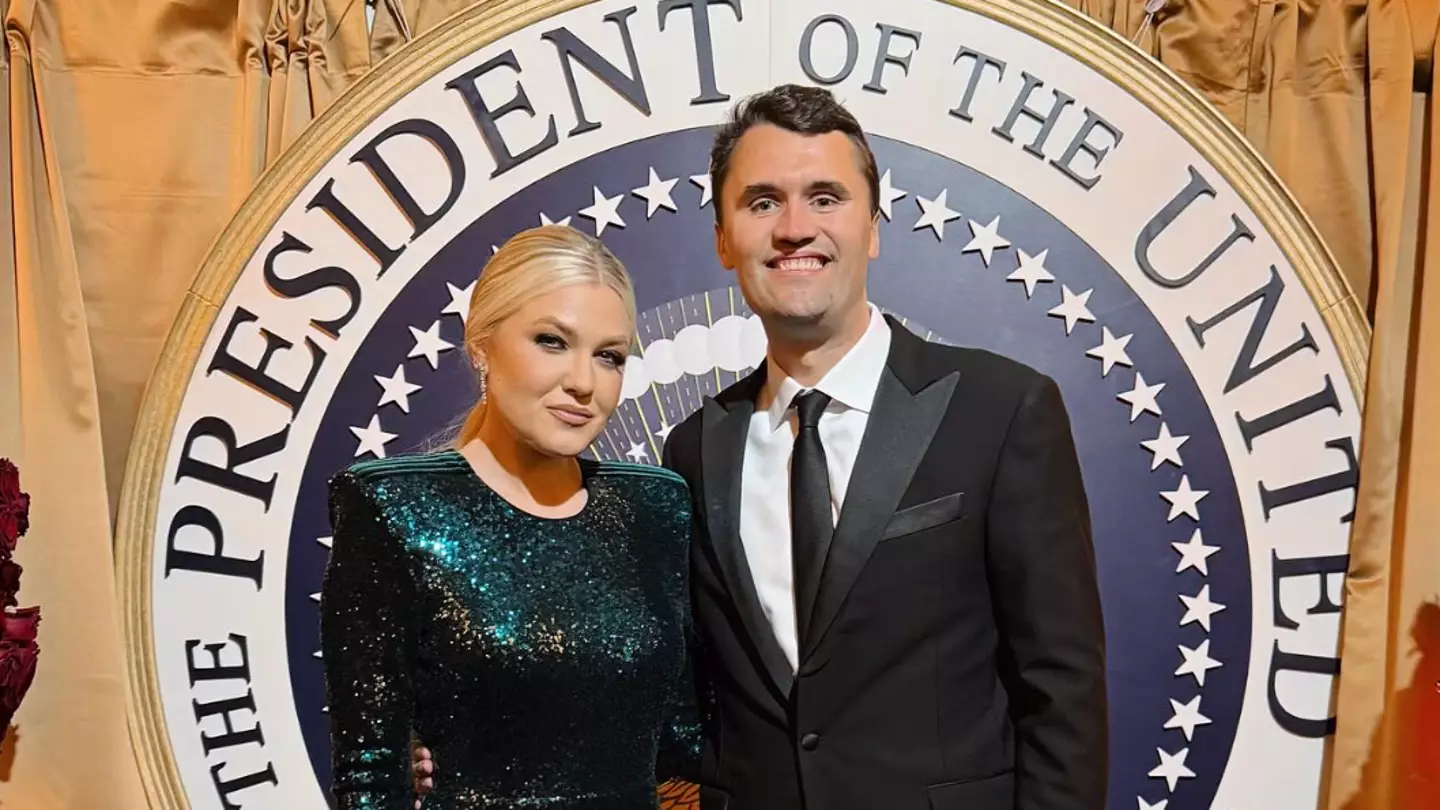Disney Freezes Kimmel: Ratings, Ads, and the Fallout of One Remark

When television history is written, moments like these will not be remembered for their polish but for their raw shock. On the surface, it is just another decision in the boardroom: Disney, led by CEO Bob Iger and entertainment chair Dana Walden, announcing the suspension of
A Sudden Halt
For millions of Americans, Jimmy Kimmel has been a nightly fixture. His voice was sharp, his humor biting, and his blend of sincerity and irreverence helped him carve a space in late-night television. But all it took was one flashpoint: a series of pointed remarks about conservative commentator Charlie Kirk.
The comments rippled across the political spectrum, drawing outrage from some and applause from others. Then came the announcement no one expected: ABC was suspending the show.
“And Once Again, They Blame the Revenue”![]()
In their carefully worded statement, Bob Iger and Dana Walden did not speak of politics, ideology, or controversy. Instead, they pointed to numbers: plummeting ratings, a steep decline in ad revenue, and mounting pressure from sponsors who no longer wanted to be associated with the noise.
It was the language of corporate survival. Ratings, not rhetoric. Dollars, not debate. But for many, it rang hollow.
A Familiar Pattern
Older viewers, particularly those in their fifties and sixties, know this story all too well. Time and again, the official explanation is “revenue.” When Edward R. Murrow’s fearless reports rattled sponsors, they said it was about ads. When Phil Donahue’s talk show was pulled despite solid audiences, they said it was about cost. And now, with Kimmel, the same refrain:
The pattern leaves many asking: is this really about money, or is money simply the shield behind which uncomfortable truths are hidden?
The Broader Climate
This suspension arrives in an America more divided than ever, where even comedians are caught in the crossfire of political storms. For decades, late-night hosts provided comic relief — a safe space at the end of a long day. But in recent years, their monologues have become more political, their voices more urgent. Kimmel in particular was unafraid to speak on guns, healthcare, and now, politics at its rawest edge.
For some, he gave voice to their frustrations. For others, he crossed lines that should never have been crossed. Disney, caught in the middle, made its choice.
The Human Side![]()
Behind every suspension, there is more than a press release. There are writers who now wonder if their jokes will see the light of day. There are stagehands, producers, and staff whose livelihoods depend on the show. And there is the audience — loyal viewers who welcomed Kimmel into their homes each night and now find the screen dark.
For older generations, this is not just about one show. It is about trust — about whether television remains a space where honesty and humor can coexist, or whether it has become so fragile that one controversial remark can silence a long-standing voice.
What Comes Next?![]()
Will this be temporary? Will Kimmel return after the storm passes? Or has the late-night landscape changed forever?
No one knows. But the suspension sends a chilling message through the industry: advertisers hold the reins, and networks will bow when the pressure rises. For those who believe in free expression, it feels like another door closing.
More Than a Show
Jimmy Kimmel’s suspension is about more than a comedian, more than a network, and more than revenue. It is about what kind of voices are allowed to speak in America today. For a generation that remembers when news anchors braved risk to tell the truth, or when comedians like George Carlin and Lenny Bruce challenged authority at great personal cost, this moment is hauntingly familiar.
Disney says it is about money. History may remember it as something else entirely: the night one of late night’s loudest voices was silenced — and the question of why
Millions Wept After Discovering Why Charlie Kirk’s Mother Was Absent From His Funeral

 It was a detail so small, yet so deafening, that it could not be ignored. The empty seat.
It was a detail so small, yet so deafening, that it could not be ignored. The empty seat.
As mourners filled the chapel to honor the life of Charlie Kirk, America’s youngest political firebrand whose voice had shaped a generation, all eyes eventually drifted to the front row. His father was there, shoulders shaking under the weight of grief. His wife sat stoically beside him, clutching tissues that could never absorb enough sorrow. Friends, colleagues, and dignitaries all gathered in solidarity.
But one presence was missing.
His mother.
Her absence struck like a thunderclap in a room already drowning in silence. Whispers began to stir. Faces turned to one another, quietly, respectfully, but with undeniable confusion.
The questions were too heavy to ask aloud. Yet the empty chair spoke louder than any sermon delivered that day.
The Whispers That Wouldn’t Rest![]()
In the days following the service, speculation exploded. Some wondered if estrangement had fractured the family long ago. Others assumed illness or distance had kept her away. But as social media filled with photographs of the funeral, one detail dominated every comment thread, every news cycle, every coffee-table conversation:
Why wasn’t Charlie Kirk’s mother there?
To lose a child is already a grief beyond words. For a parent not to be present at their child’s final farewell—surely, people thought, there had to be a reason so unbearable it defied explanation.
And there was.
The Shattering Truth
Weeks later, the truth came to light. It was not neglect. It was not bitterness. It was not indifference.
It was heartbreak.
Charlie Kirk’s mother had been hospitalized in critical condition only hours before the service. She had begged her doctors, pleaded even, to let her attend. She wanted nothing more than to stand at her son’s grave, to whisper a final goodbye into the silence of the earth. But her body betrayed her. The very act of leaving that hospital room could have cost her life.
So she stayed. Trapped not by choice, but by circumstance.
In her stead, that empty chair became her presence. Every tear shed by the congregation seemed to carry her grief. Every whispered prayer seemed to speak her words. And when the final hymn echoed through the rafters, the nation wept not just for Charlie—but for the unbearable pain of a mother who could not be there.
Love That Endures Absence
For those who have lived long enough to know the cruelty of fate, the story struck home. Parents whispered it to their grown children with trembling voices. Mothers clutched their sons and daughters tighter, imagining the horror of being denied a last embrace. Fathers nodded silently, understanding that sometimes the hardest part of love is the distance it forces upon us.
In that empty seat, every parent saw themselves. They saw the fragility of life. They saw the cruel possibility of being unable to walk alongside their child into the final chapter. And in that recognition, tears fell across the nation.
A Nation in Mourning
News outlets replayed the story, but what resonated most were not the headlines—it was the humanity. Letters flooded in to the family, not with judgment but with compassion. Strangers wrote messages of solidarity to Charlie’s mother, assuring her that her absence was, in truth, its own testimony of love.
Because sometimes love is not in where we stand, but in how deeply we ache when we cannot.
The Empty Chair That Spoke Volumes![]()
As the weeks passed, one image endured: that vacant chair in the front row. It became a symbol—not of absence, but of presence too powerful to be contained. A presence of love, of sacrifice, of unbearable loss.
In the end, the story wasn’t about a missing mother. It was about the weight of a bond that even death, distance, or illness could never sever.
Her absence became her presence. Her silence became her cry. Her unseen tears became the tears of a nation.
And in that moment, millions across America and Britain found themselves weeping—not just for Charlie Kirk, but for the universal truth his funeral revealed:
That there is no pain greater, no absence heavier, than that of a mother who longs to be at her child’s side, yet cannot.












